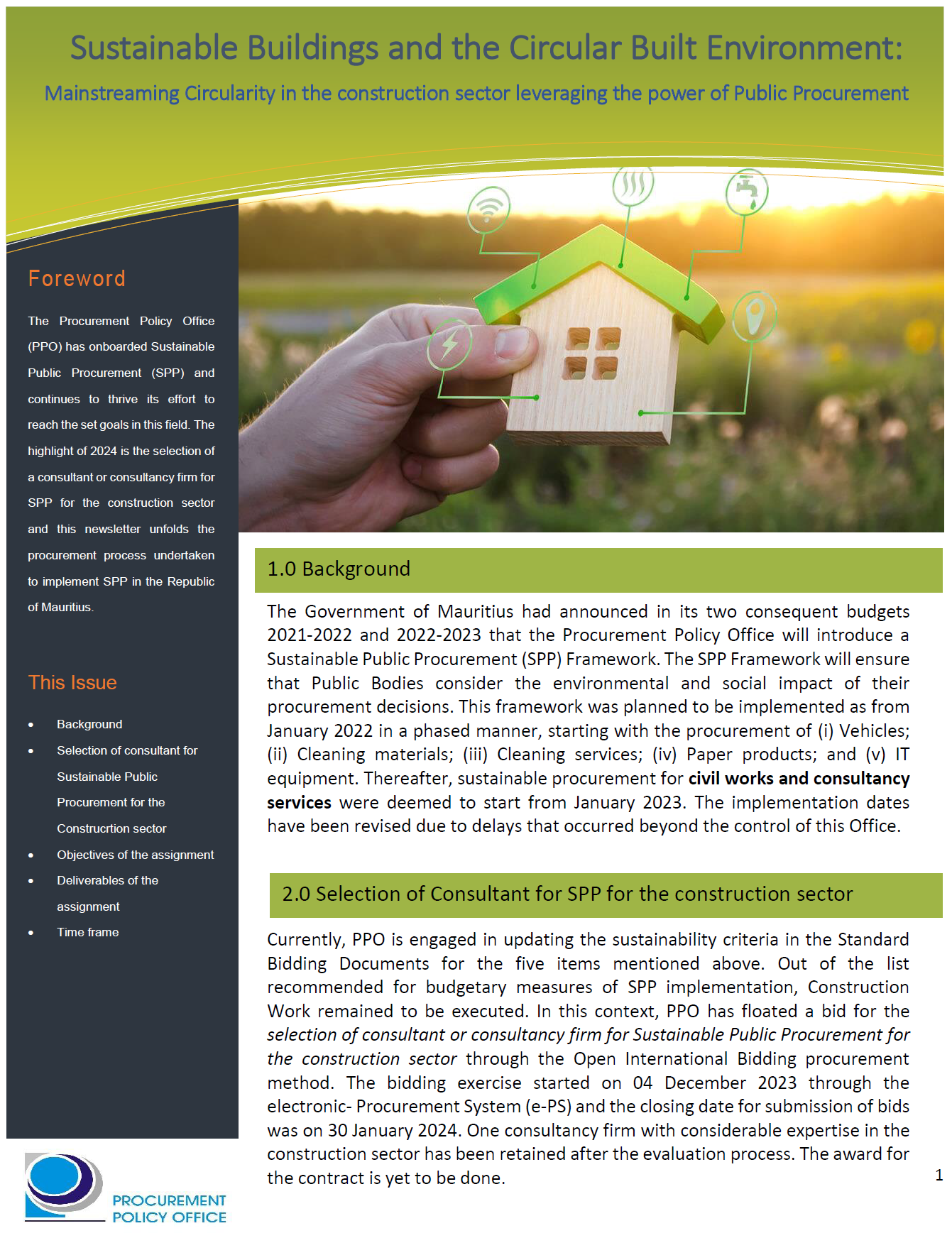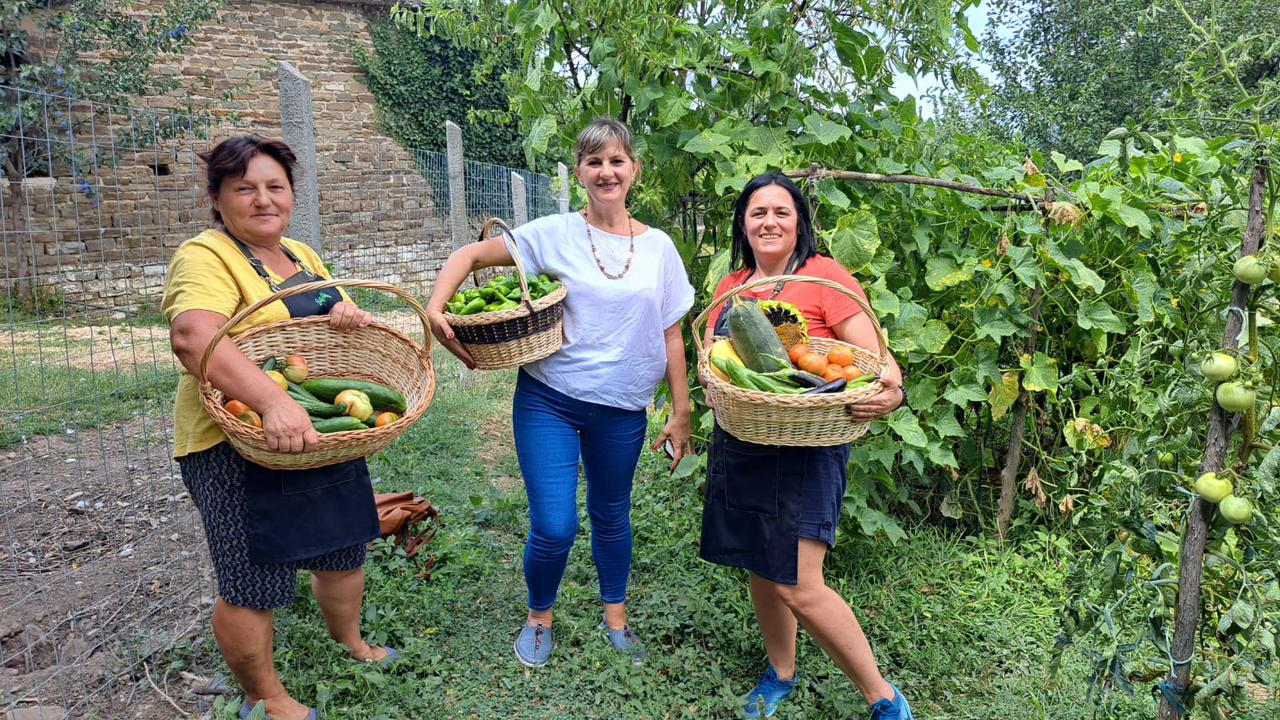Driving Sustainable Consumption in Latin America with Better Product Information and Design
The project in Latin America with a focus on Colombia, Costa Rica and Mexico promotes sustainable consumption through the implementation of SCP tools of the One Planet network. This includes support of the regional eco-label Alianza Ambiental de America.
The overall objective of the ICSAL project is to support governments, private sector and other stakeholders in the implementation of policies and practices that lead to improvement in product design and product sustainability information and increase consumer awareness to support sustainable lifestyles in Latin America and the Caribbean. This will be achieved through the use of a range of tools and partners offered by One Planet Network and responding to the regional and national SCP strategies. 1) Capacity building to improve product design and production processes and technical assistance to communicate reliable information on products’ sustainability attributes to consumers
2) Technical assistance and capacity building for strengthened use of consumer information tools and enabling policy frameworks. This includes support to the Sello Ambiental Americas.
3) Targeted campaigns on eco-labels and sustainable lifestyles to raise consumer awareness
ICSAL was launched at the regional sustainable food systems forum in Costa Rica in February 2019. It aims to ensure that private and public sector stakeholders increasingly use SCP tools provided by UN Environment to change consumption practices, reducing pressure on the environment and fostering social and economic development, contributing to SDG12. In the intermediate state, this contributes to improving product design and production processes, and to increasing consumer information to support sustainable lifestyles. Ultimately, in its impact, ICSAL aims to increase the number of certified sustainable products, and availability of reliable consumer information, reducing environmental impact and increasing quality of life and sustainable lifestyles. A highlight so far was the three countries submitting a commitment around the regional ecolabel at the SFS conference (see press release below).
Image

Project start date
08/11/2018
Project end date
30/11/2021

